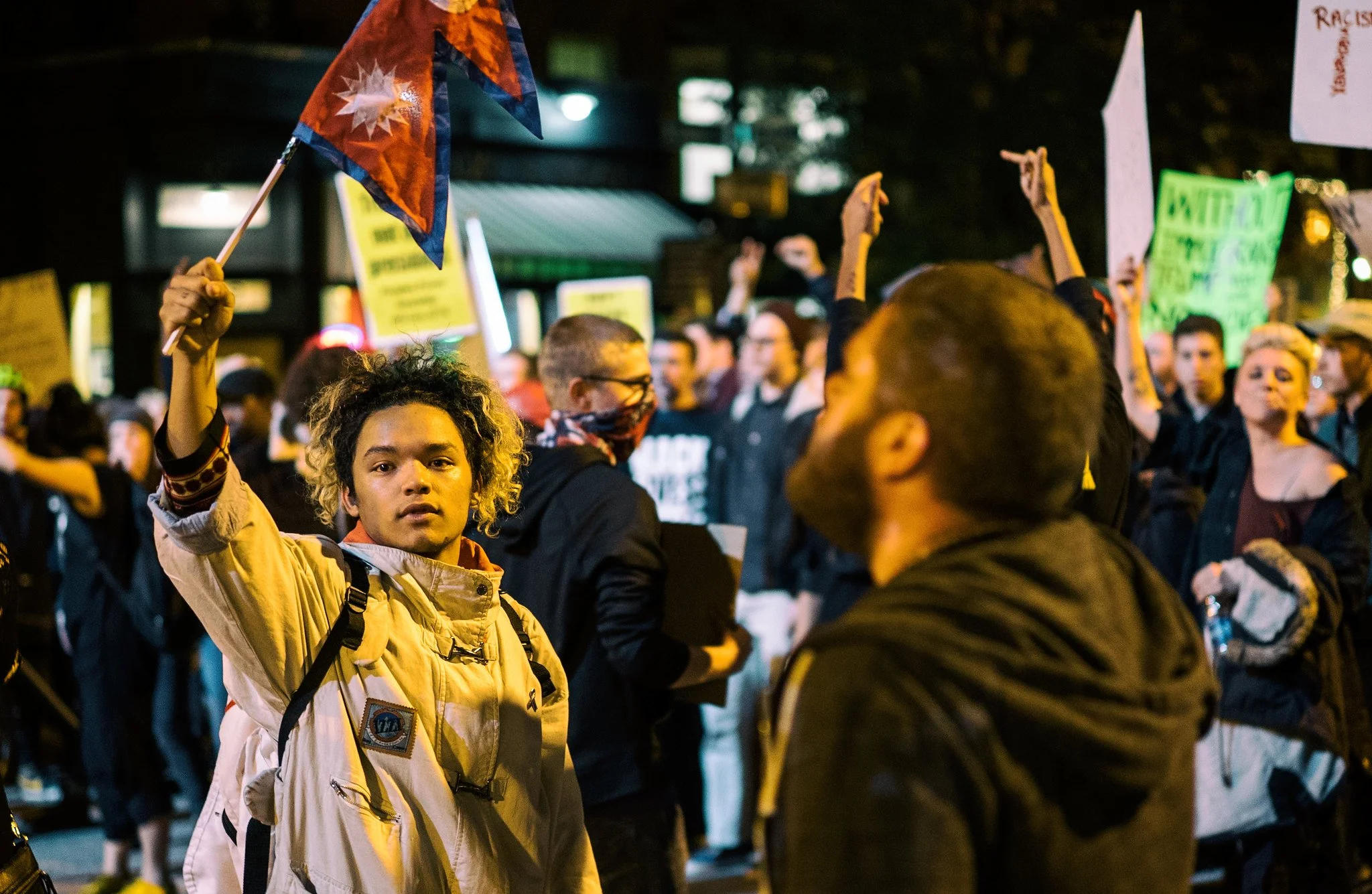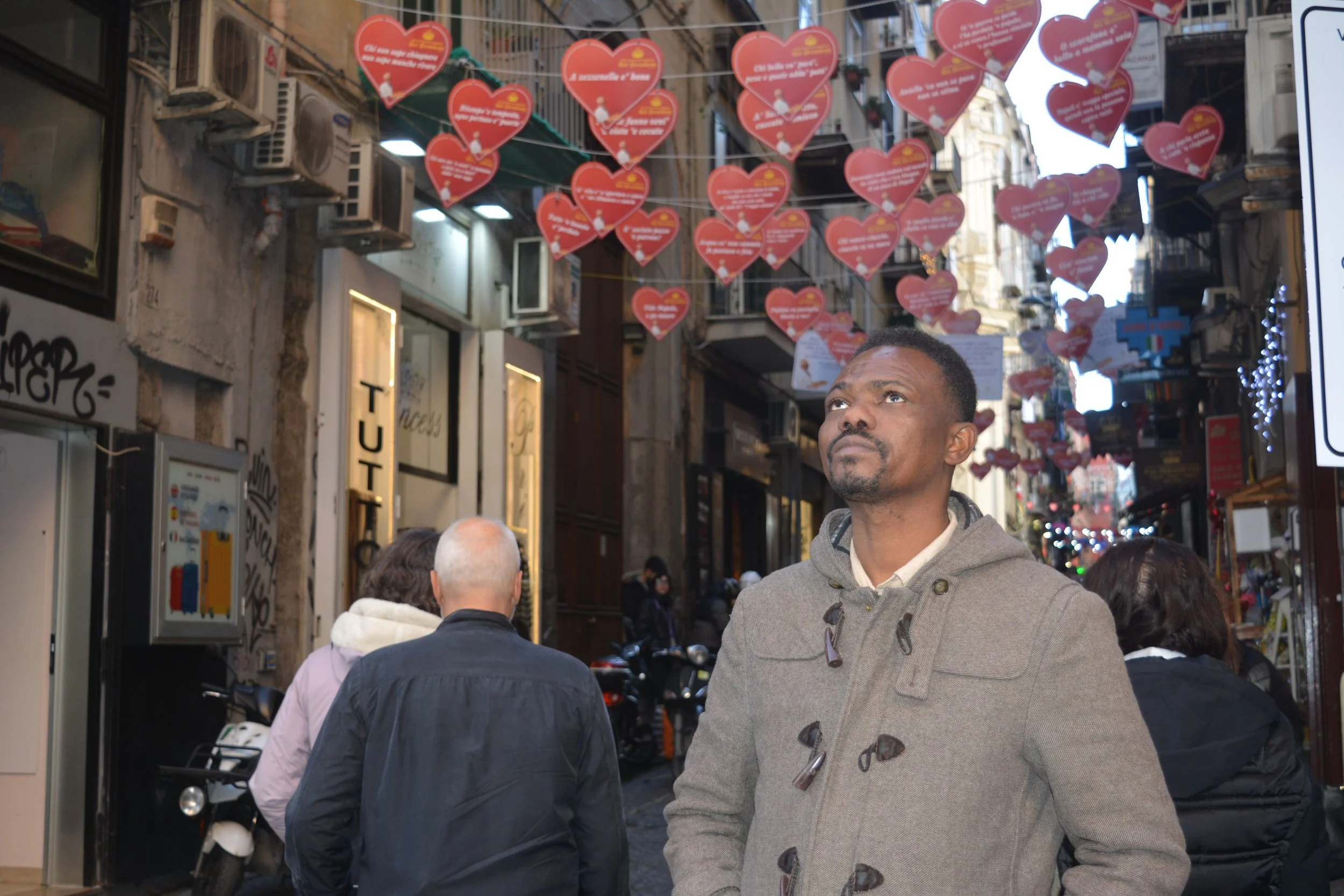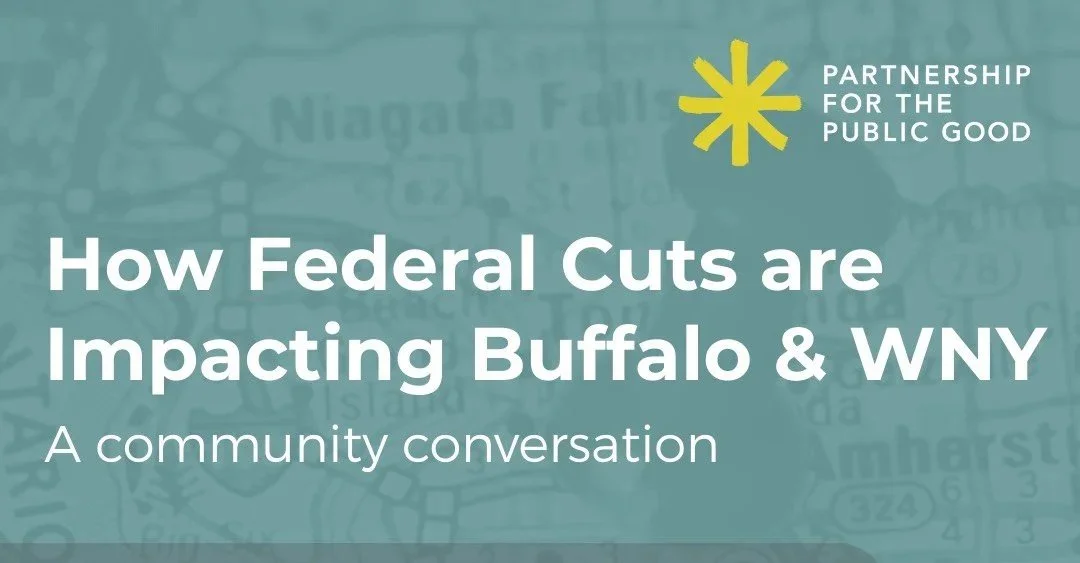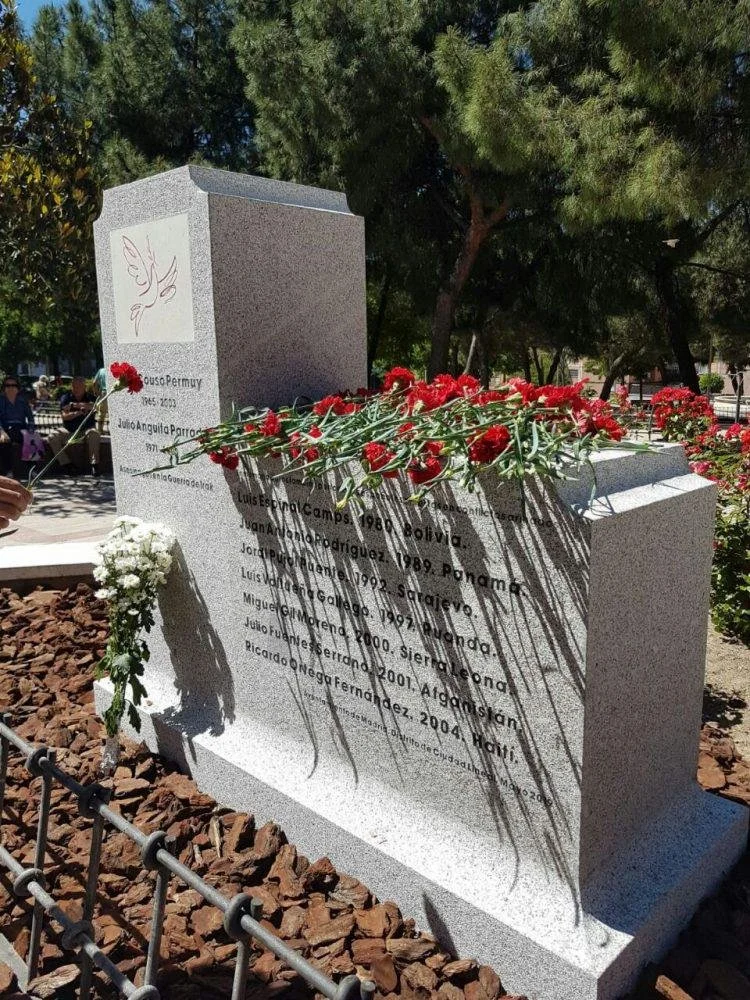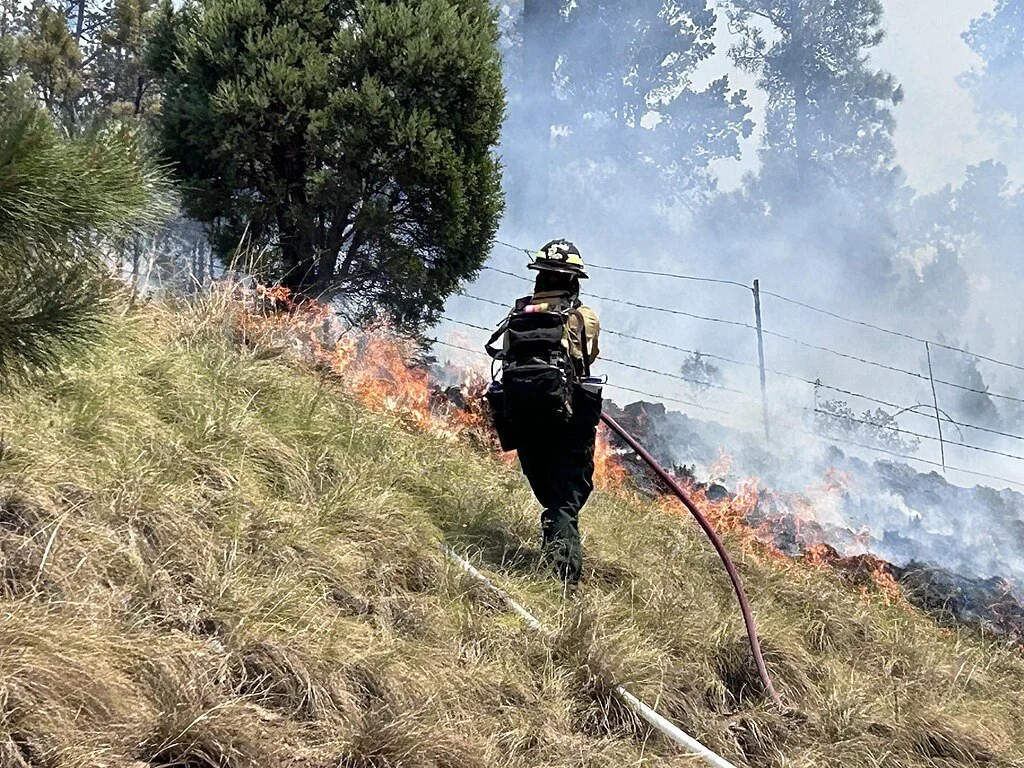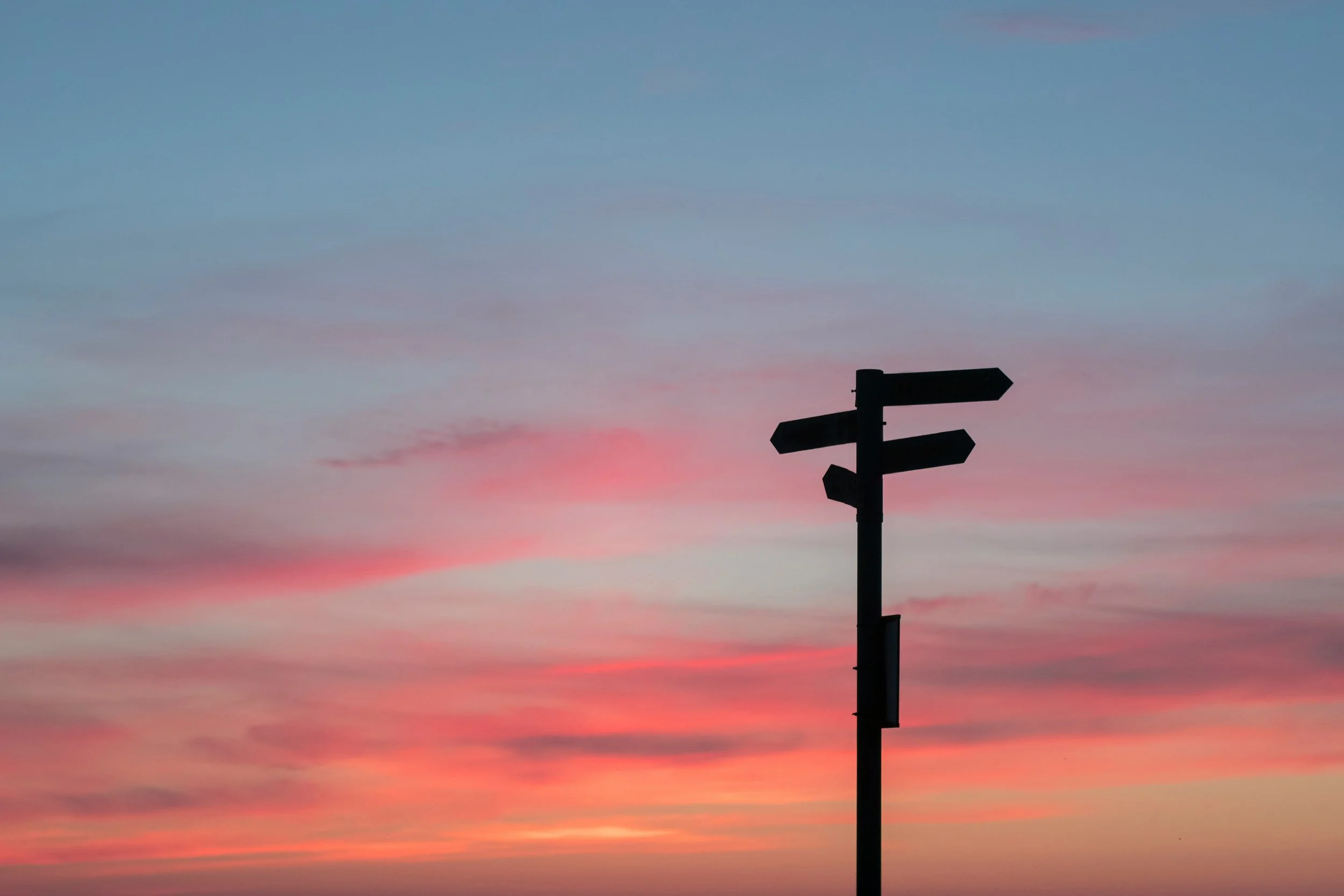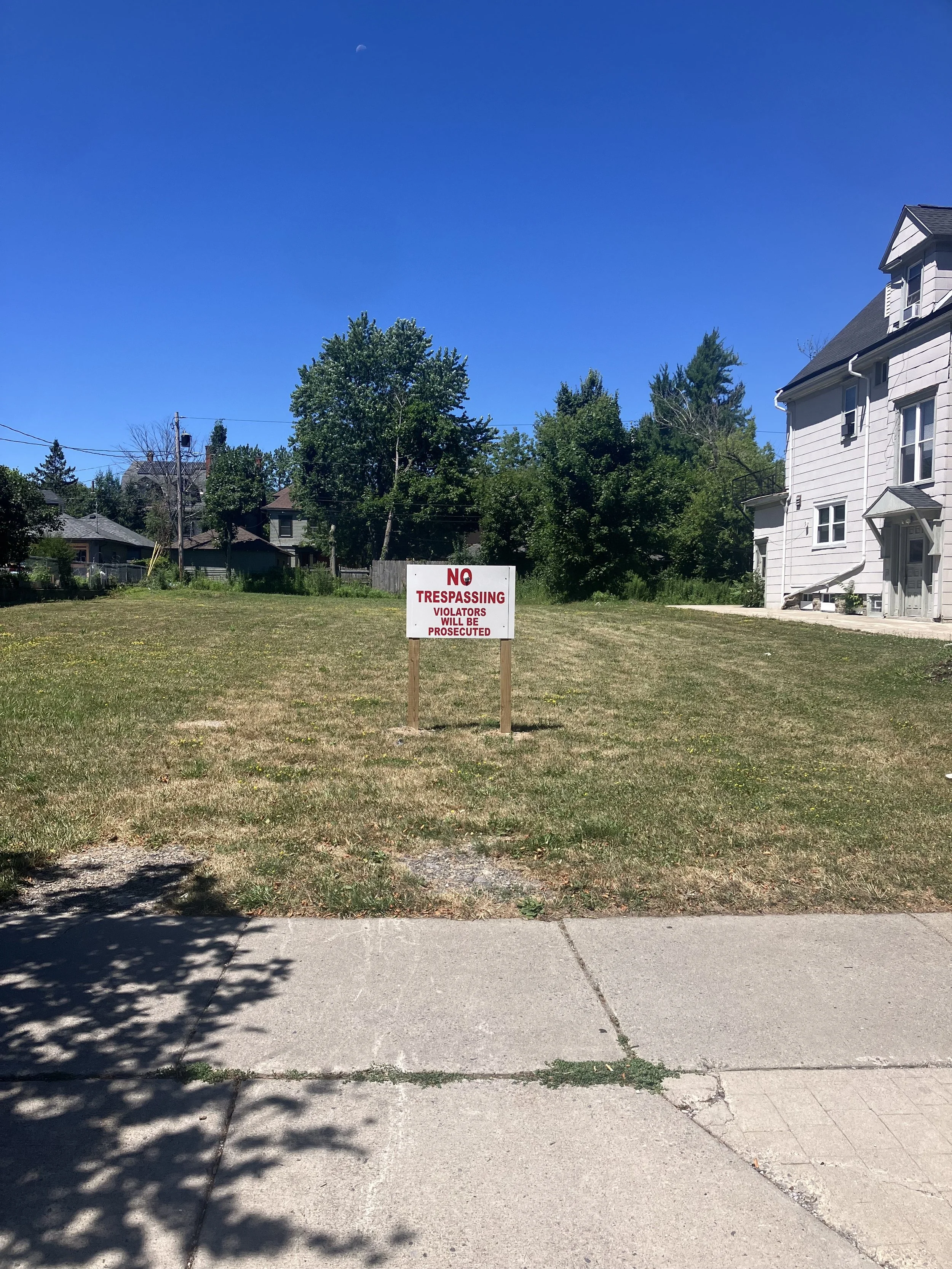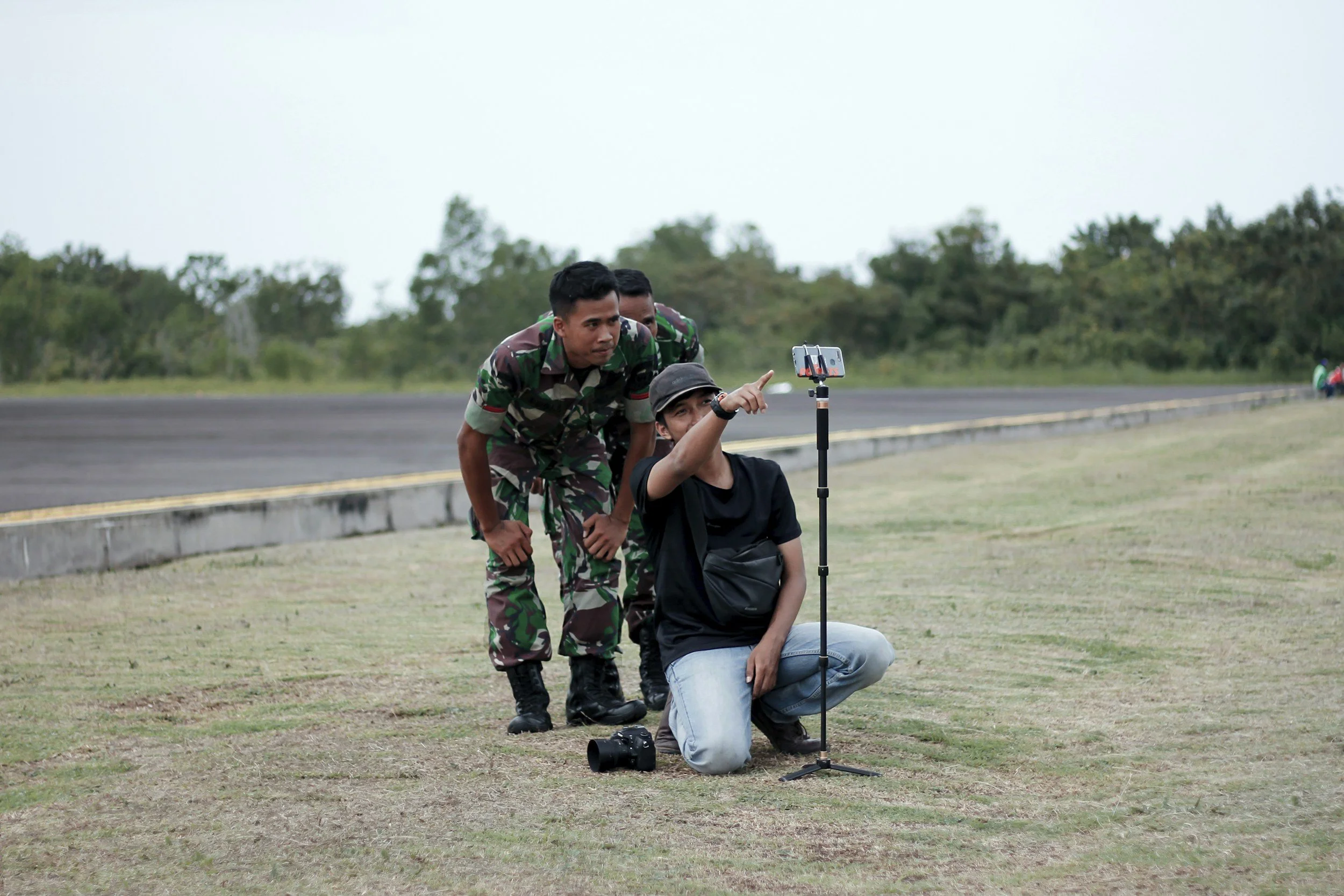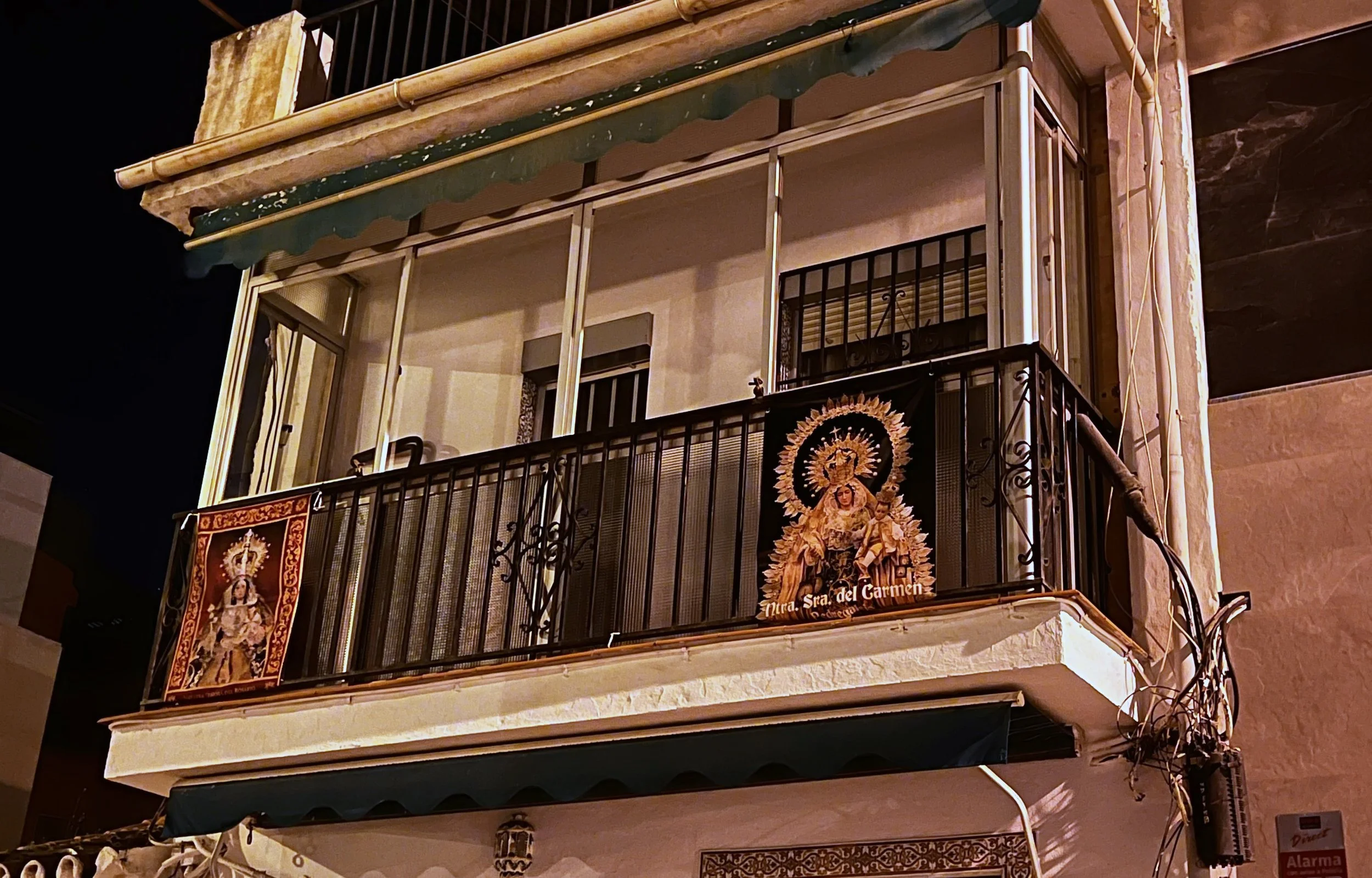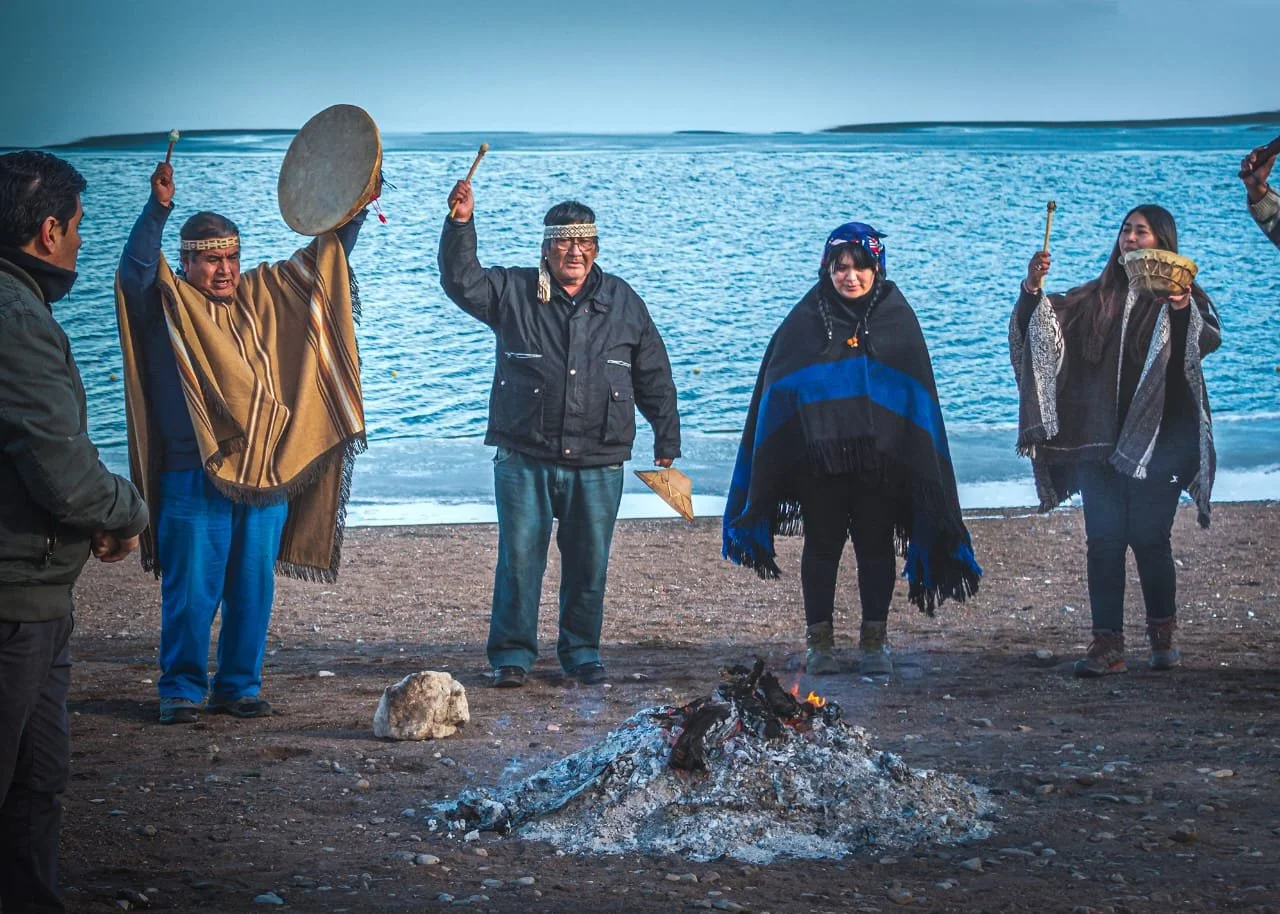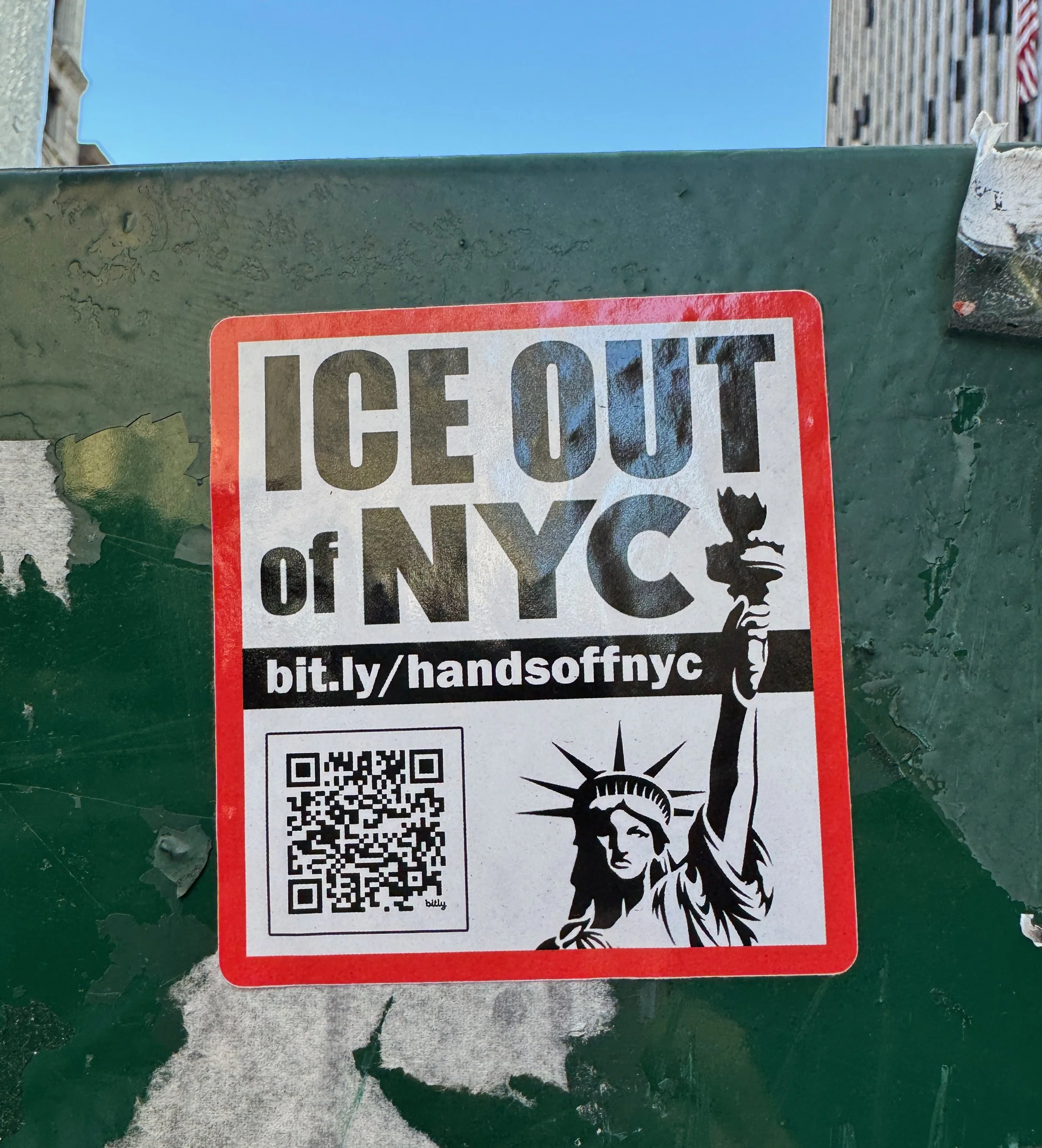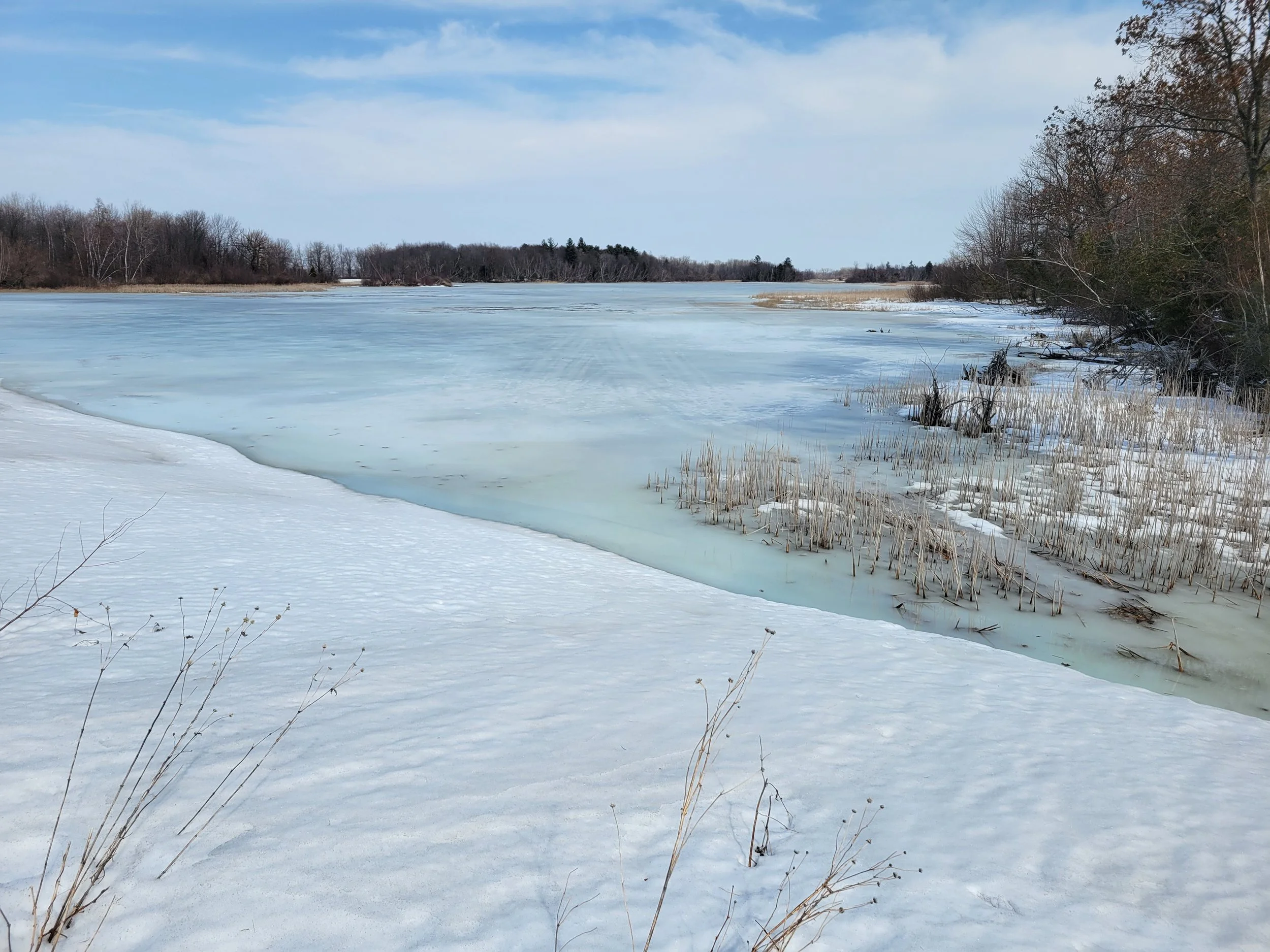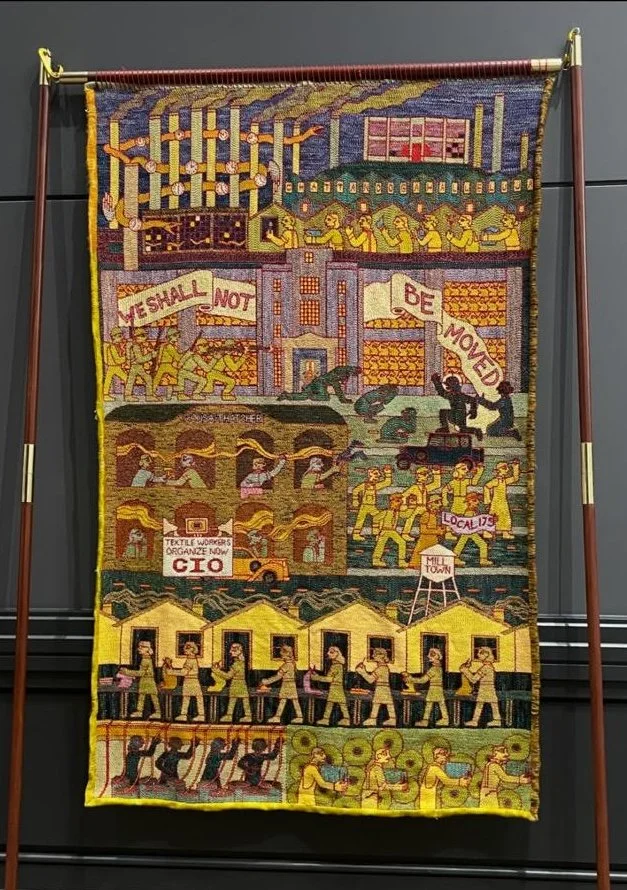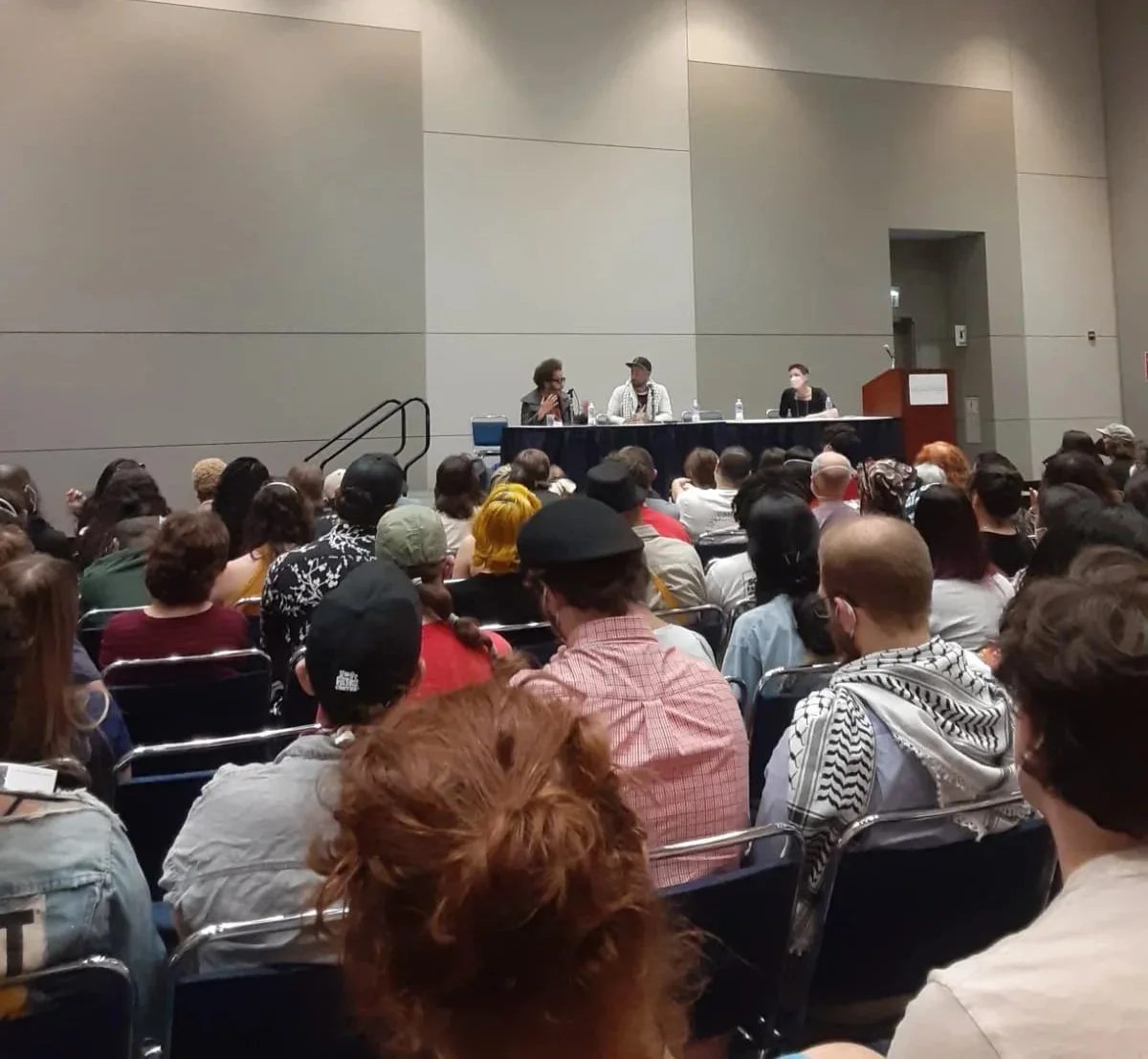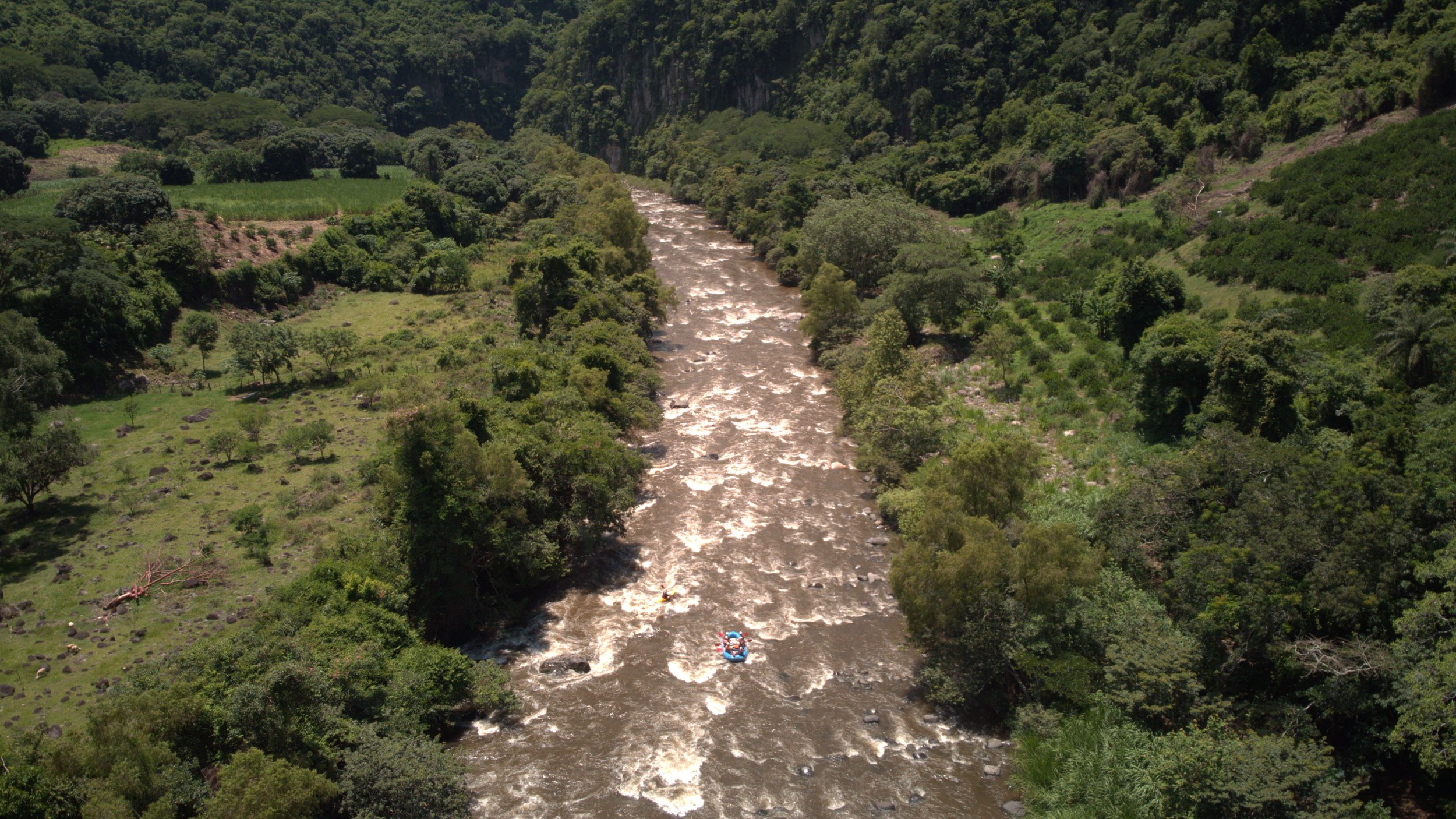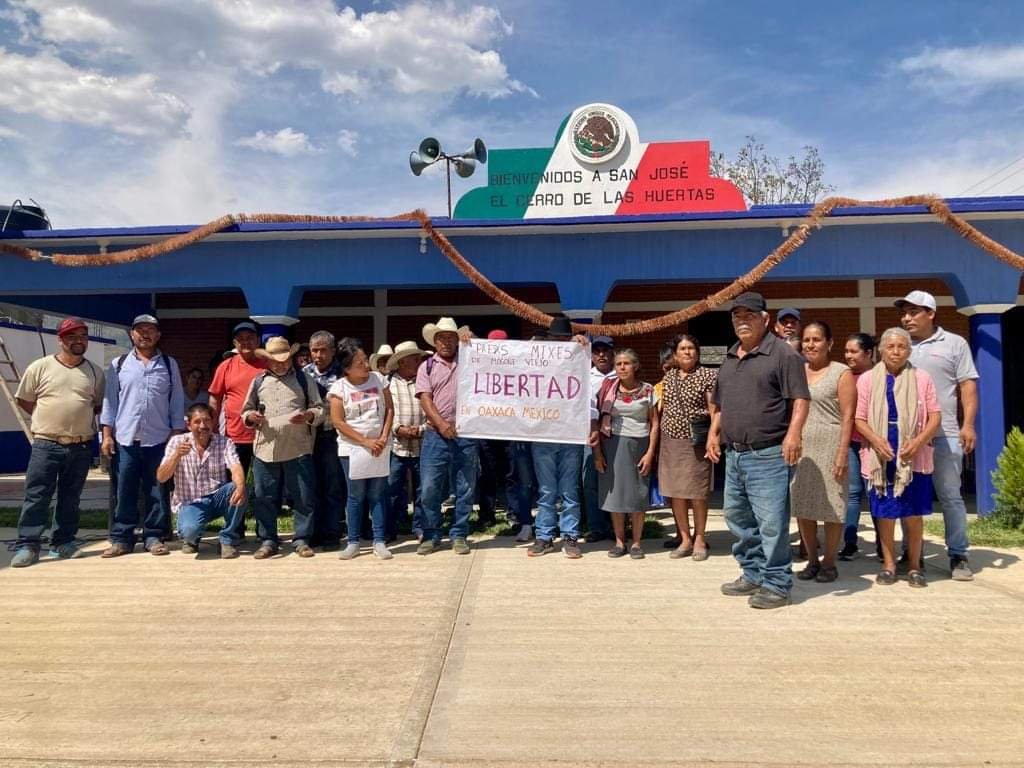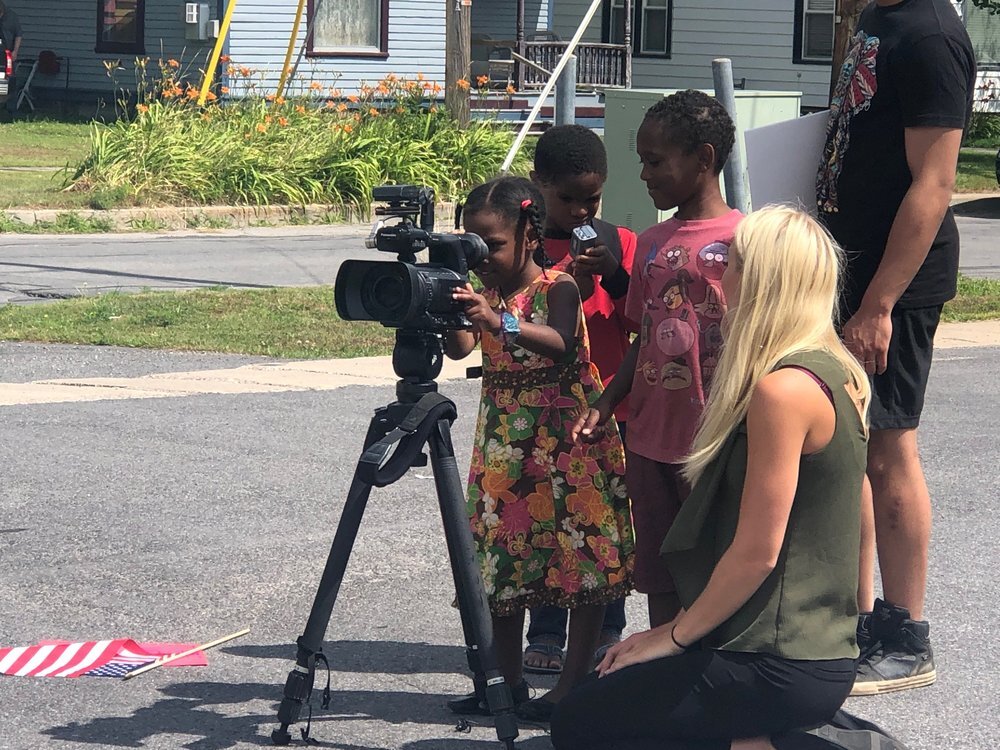
Stories
News

Analysis
Voices
Podcast
Announcements
Events

All Stories
Great Salt Lake and the Uinta Basin: An Intertwined History
I live in Salt Lake City, which lies between the Wasatch Mountains and Great Salt Lake, on the ancestral lands of the Ute, Goshute, and Shoshone peoples. My ancestors are Mormon settlers who colonized the Salt Lake Valley in the 1800s. Like many here, I became concerned in the last few years about the drying of Great Salt Lake.
How Many Drops in a Tidal Wave? Tribal Members and Allies Carry Water 31 Miles in Response to Proposed Copperwood Mine
At 7:00 a.m. on September 14, 2024, dozens of people in colorful skirts and dress pants begin gathering around a small brick duplex at the Michigan/Wisconsin state line in the westernmost Upper Peninsula, just down the road from a series of budget strip clubs and adult video stores. This may seem like a strange place for a Native American ceremony, but not so: just beneath the bridge flows the Montreal River, and anywhere with Nibi is sacred.
Arbol de Fuego (Tree of Fire)
Suffocated by the accumulated heat of the day, the night became long. The smell of smoke woke us up. At that moment we thought that some neighbor was burning garbage. We soon realized that the smell was different. It smelled more like burnt wood.
The Scarcest Resource is Wilderness: A Call to Oppose the Copperwood Mine Project
Lake Superior — or Gichigami, as the Anishinaabe call her — is a mighty spirit. She has cast a forcefield around the Upper Midwest, protecting it from development by bestowing us with atrocious farming soil, and indeed I have dented my shovel trying to dig a four-inch hole. But this is where the plot thickens. Because Lake Superior’s protection is not absolute, and rich geology doesn’t just attract agate hunters…
It also brings mines.
How Copenhagen’s Most Devastating Rain Storm Inspired Climate Adaptation and Reunited a Community
On the evening of an otherwise warm and comfortable June day in 2011, Copenhagen, Denmark, experienced a rare but intense natural disaster that would forever change its approach to climate resilience.
We Are Not Powerless: Advocating For Clean Water and the Rights of Rivers
Recently, wildfire smoke darkened our skies in northern New York, making being outside unpleasant to downright unhealthy. We experienced what it’s like when something fundamental that we take for granted, such as clean air, isn’t available. Here in the North Country, far from big cities, we expect clean air; yet we were powerless to do anything about the air pollution we were suddenly suffering. Clean water is also fundamental to our well-being. We expect our waterways to be clean and healthy, but clean water is under threat from pollution.
Resistance Flows On: Mexico’s Water Defenders Unite Their Efforts Once Again
The Fifth Community Assembly for Water (La Quinta Asamblea Comunitaria por el Agua) was held on Friday, May 5, 2023, in Pacho Viejo, Veracruz, Mexico. Pacho Viejo seems an apt location for a convention on the protection and conservation of la Cuenca la Antigua (the Antigua Watershed). It is in the geographic heart of this river basin, situated between the cities of Xalapa, the capital of Veracruz, and Coatepec, often called “the Coffee Capital of Mexico.” This assembly of Sentinelas de rio (River Sentinels) represented a convergence of undercurrents running beneath the region’s rich culture, ongoing political strife, and incredible biodiversity, all flowing toward safeguarding the ultimate source of life: water.
Resistiendo “Proyectos de Muerte”: Entrevista con Carlos Beas Torres
Aquí presentamos una entrevista con Carlos Beas Torres de la Unión de Comunidades Indígenas de la Zona Nortel del Istmo de Tehuantepec (UCIZONI), una organización que ha resistido a CIIT desde su inicio, y que forma parte de la caravana “El Sur Resiste.”
Resisting “Death Projects”: An Interview With Carlos Beas Torres
The following is an interview with Carlos Beas Torres, a member of the Unión de Comunidades Indígenas de la Zona Nortel del Istmo de Tehuantepec (Union of Indigenous Communities from the North of the Isthmus or UCIZONIT), an organization that has resisted the CIIT since its conception and forms part of the “El Sur Resiste” (The South Resists) Caravan.
Intersecting Roots: A Lost Sense of Authority
“Jordanians are angry that the country’s economic dependence on the United States would be further compounded by this new dependence on Israel for water. Given that the Jordanian regime’s survival is closely intertwined with the West, any disagreement with either the United States or Israel could be detrimental to the country’s stability. The water-energy deal would exacerbate this relationship, and locals were quick to reject it.”
Art From the Frontlines of a Threatened Mountainside
In a follow up to “Coatepec: The Fight for the Cloud Forest”, a Forest Guardian from Movimiento por la Defensa de la Sierra describes the impact of art on their movement. The artists in question are children, and the young Earth Guardians are inspiring their community to rise up and protect their forests.
Drought, Disease and Isolation: The Urgent Situation of the Wayuu in La Guajira, Colombia
The deep consequences of interconnected globalized systems paired with destructive localized human actions is on full display in the La Guajira peninsula of Northeastern Colombia. Daniel Henryk Rasolt reports on the dire situation facing the Wayuu Indigenous Peoples.
The River Says NO
On January 20, 2015, the PUCARL Collective (United Communities of the Antigua Watershed for Free Rivers) blocked the entrance to the Río Pescados (River of Fishes), halting the construction of a dam that was threatening the entire region. The 43 communities along the Rio Pescados are the first to defeat Odebrecht, thus protecting their waterways for the generations to come.
Coatepec: The Fight For the Cloud Forest
5,000 acres of cloud forest are currently being threatened in Coatepec, Veracruz, Mexico - but local forest protectors are standing up to defend the ecosystem.
Big Questions with Riccardo Petrella
By John Collins
This past August the city of Montreal hosted the 2016 World Social Forum, a major international gathering of activists, NGOs, and other concerned citizens who are committed to building a better world through grassroots action. With assistance from Jacques Brodeur, a media activist and board member of the Action Coalition for Media Education, Weave News was able to interview one of the most prominent featured speakers at the event: Riccardo Petrella, the Italian scholar and activist who for more than two decades has been at the forefront of efforts to recognize water as a human right. Following his lecture on Petrella was gracious enough to sit down with John Collins of Weave News and Shane Rogers, an environmental engineer from Clarkson University, to answer some of our Big Questions. In each case his answer was precise, thoughtful, and provocative.



